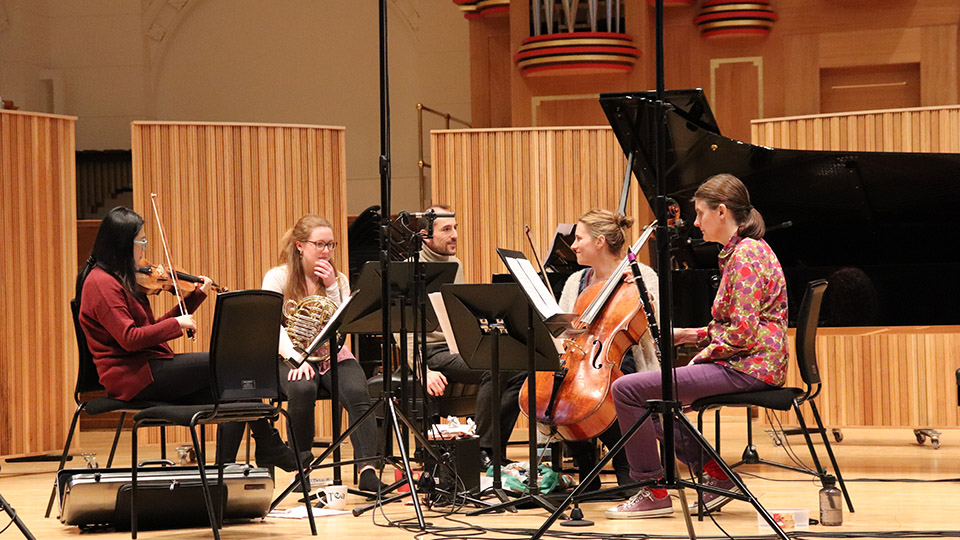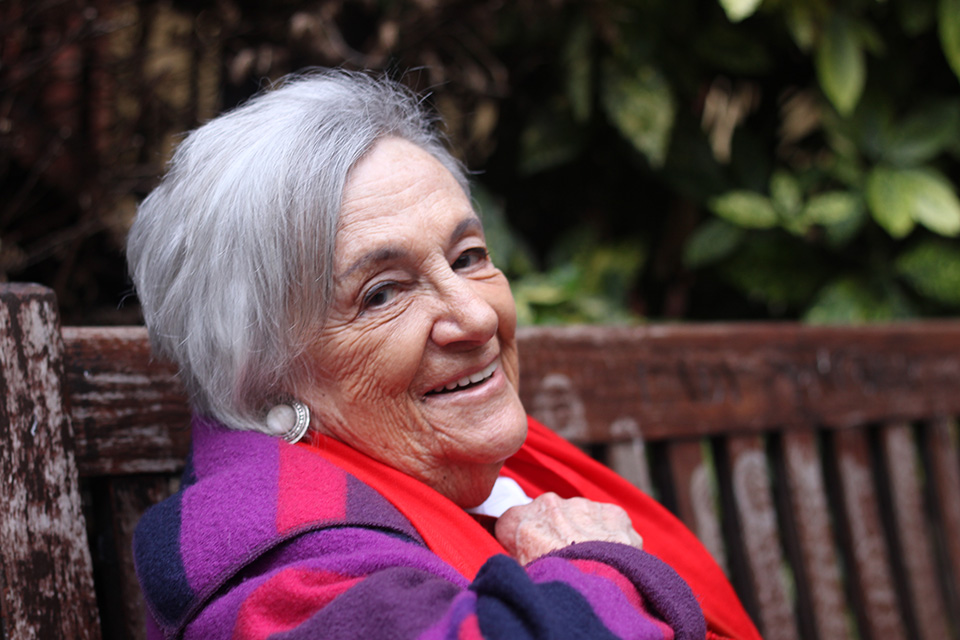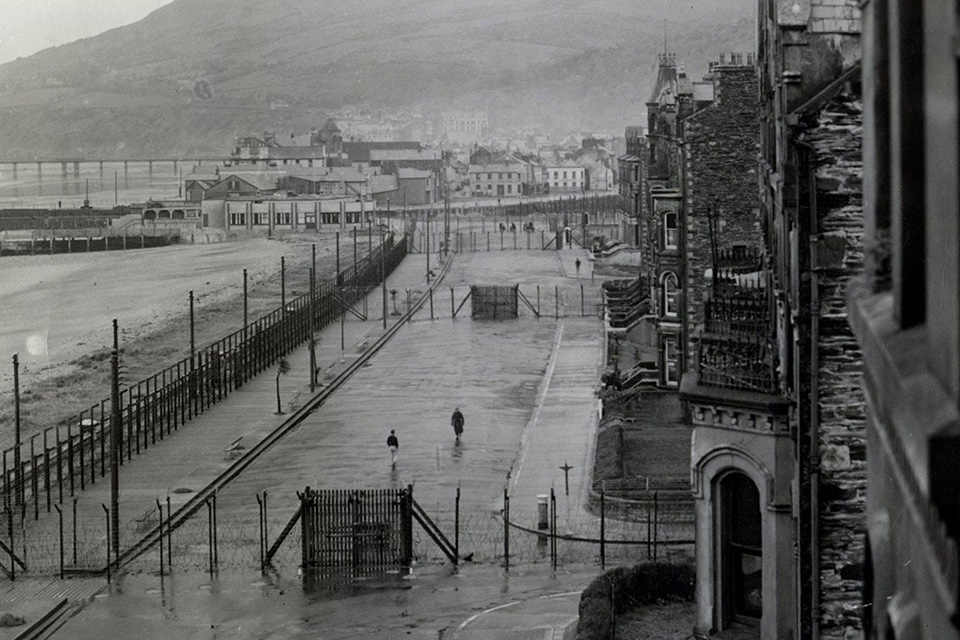In this section of the online resource we feature works by émigré composers that have been part of our research. Engaging with their compositions in performance offers a unique perspective on their musicianship, experience and contribution to cultural life in Britain and beyond.
We have produced critical editions of many of these works for RCM EDITIONS. These are available here for free download in PDF format. We are also proud to present recordings of works made by members of the RCM community and RCM Studios. Many of them are first recordings of works.












